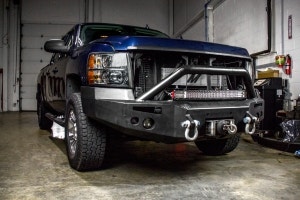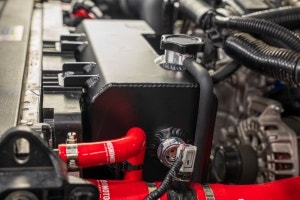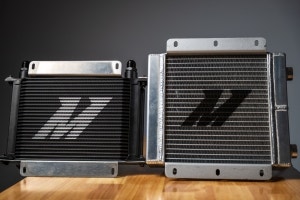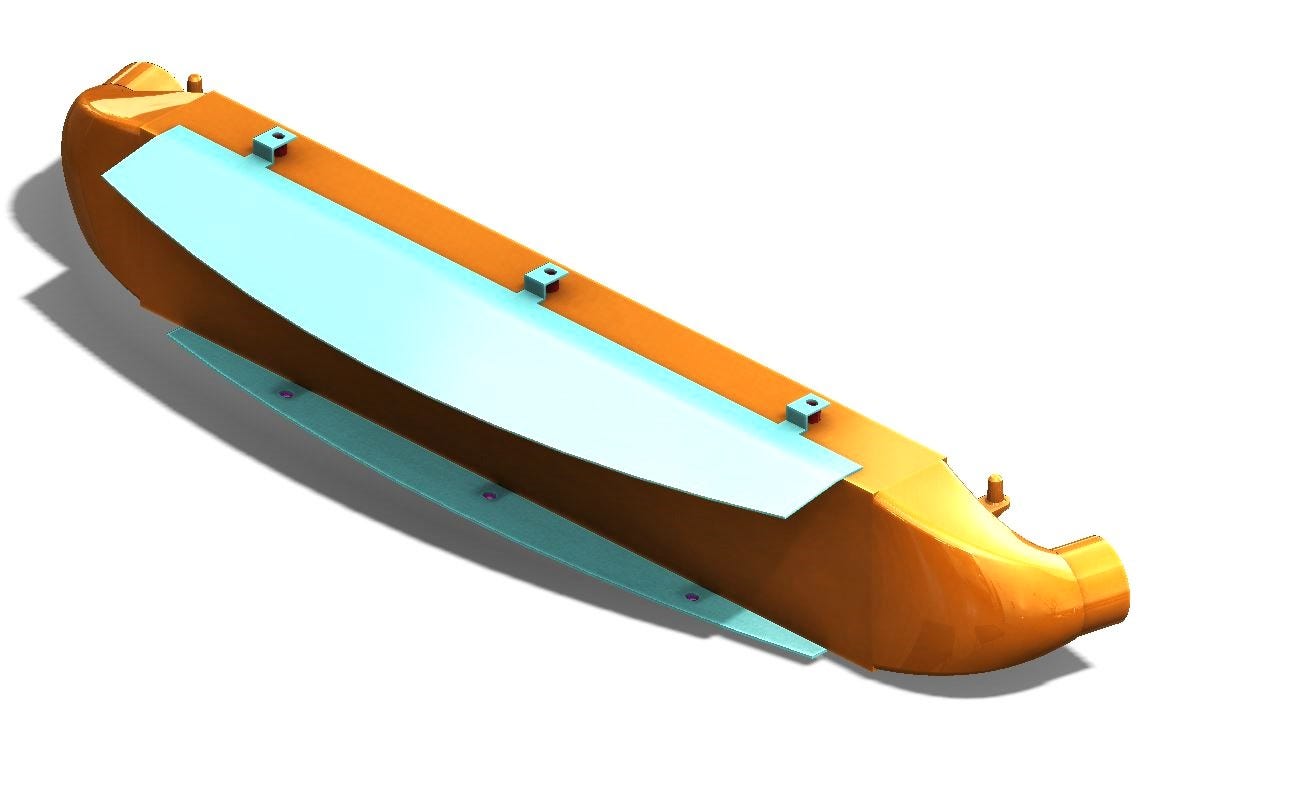
Beat The Heat. Mishimoto Fiesta ST Intercooler R&D, Part 2: First Prototype 3D Models
Time for another update on our intercooler project! Last time we left off with a foam intercooler core and some cool 3D-printed end tanks. This update is a bit more exciting!
Mock Up Prototype
With both the tanks printed and our core cut to shape, we could mate these pieces to check fitment of our existing design.
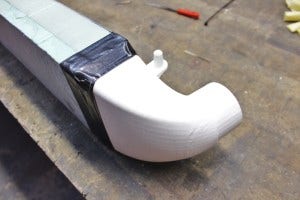
Prototype Ford Fiesta ST intercooler assembled
The tanks feature the mounting pegs and brackets to attach the cooler to the radiator and support.
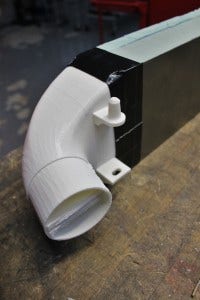
Prototype Ford Fiesta ST intercooler assembled
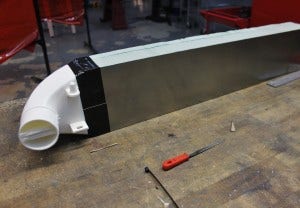
Prototype Ford Fiesta ST intercooler assembled
Once assembled, we installed this on our Fiesta to check fitment of the core and tanks. We want this piece to bolt into position like the stock cooler does, with no modification to the vehicle.
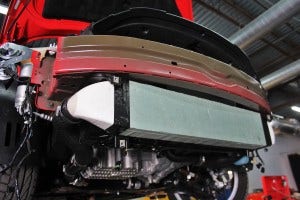
Prototype Fiesta ST performance parts
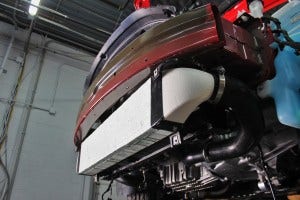
Prototype Fiesta ST performance parts
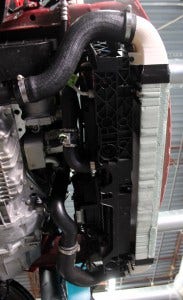
Prototype Fiesta ST performance parts
Fitment was pretty close on this first 3D printout. The core looks like it will fill the area quite well, thanks to the additional inch in thickness compared to the stock cooler. We made a few minor tweaks to the end tanks to improve fitment; these were reflected in our second set of printed end tanks, this time in black.
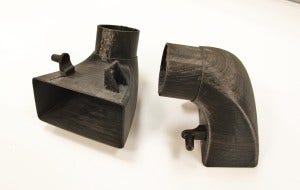
Prototype Fiesta ST intercooler end tanks
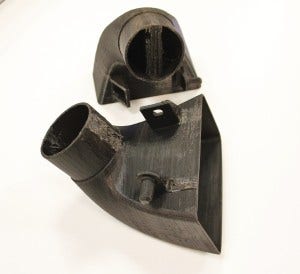
Prototype Fiesta ST intercooler end tanks
With the revisions to our tanks, we now had a perfectly fitting mock-up prototype.
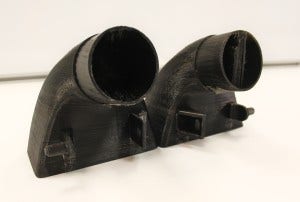
Prototype Fiesta ST intercooler end tanks
3D Models
The next step in the process for intercooler design is to create a 3D model of our product. This will give us guidelines and dimensional data so we can construct functional prototypes for on-vehicle testing.
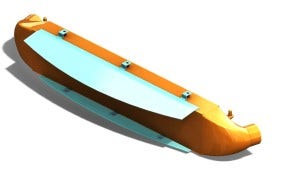
Prototype Fiesta ST performance parts
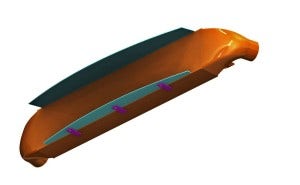
Prototype Ford Fiesta ST intercooler rendering
Pretty cool stuff! You will also notice an additional feature not previously discussed. We are working on a splitter design that would direct airflow through the core of the heat exchanger. More airflow means greater heat transfer, which results in a more efficient intercooler. We will be testing these pieces to ensure that they make an appreciable difference in our results. That will be interesting!

Prototype Ford Fiesta ST intercooler rendering
Take a look at the back side of the cooler. Here you can see the inlet, outlet, and mounts for the cooler.

Prototype Ford Fiesta ST intercooler rendering

Prototype Ford Fiesta ST intercooler rendering
The side view below shows the splitter design and angle.
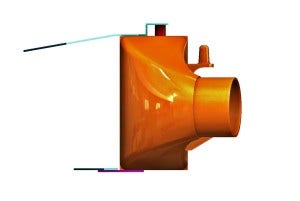
Prototype Ford Fiesta ST intercooler rendering
Coming Up!
We still have a long road ahead of us to complete this project, but we are moving along nicely. The next time we update this thread, we will have a full evaluation and comparison of our first functional prototypes.
Thanks for following our progress!
-John
